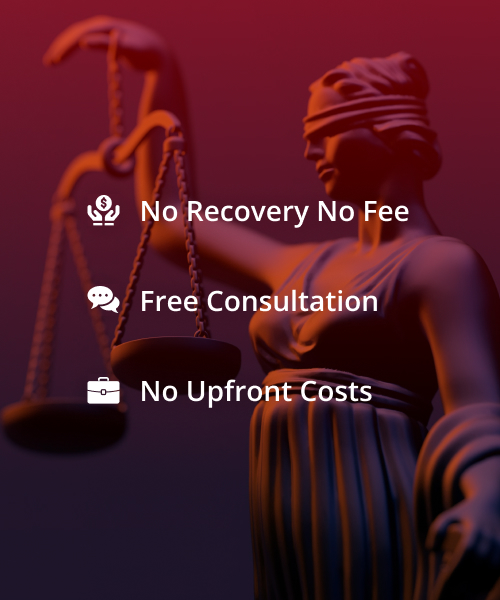- Free Case Evaluation: (305) 577-3777 Tap Here to Call Us
Nine Mistakes That May Lead to a Medical Malpractice Claim Against a Florida Anesthesiologist

Anesthesiologists are crucial in ensuring patient comfort and safety during surgical procedures. A negligent anesthesiologist may leave a surgical patient with chronic or fatal injuries even if the surgeon did their job flawlessly,
Whether an anesthesiologist performs competently or commits medical malpractice can make the difference between a patient living or dying on the operating table. Some of these mistakes can include:
1. Insufficient Preparation
An anesthesiologist must conduct a thorough preoperative assessment of the patient. This helps determine the patient’s suitability for anesthesia and allows the anesthesiologist to plan the most appropriate anesthetic approach. Failure to perform a comprehensive preoperative evaluation can lead to complications during surgery.
2. Medication Errors
Administering the wrong medication or an incorrect dosage, or failing to monitor a patient’s response to anesthesia drugs can lead to severe complications. Anesthesiologists must be meticulous when calculating and administering medications to avoid life-threatening situations.
3. Failure to Monitor Vital Signs
Continuously monitoring the patient’s vital signs is essential during surgery because anesthesiologists ensure that the patient’s heart rate, oxygen saturation, blood pressure, and other vital signs are in safe ranges. Neglecting to monitor these parameters can lead to complications such as lack of oxygen in the body, organ damage, or even death.
4. Allergic Reactions
Anesthesiologists must carefully consider a patient’s medical history and allergies before administering anesthesia drugs. Failure to do so can result in allergic reactions from mild skin irritations to severe anaphylactic shock.
5. Anesthesia Awareness
Anesthesia awareness, or intraoperative awareness, occurs when a patient regains consciousness during surgery but remains paralyzed and unable to communicate. This rare but traumatic event can lead to severe psychological distress for the patient. Anesthesiologists must take precautions to prevent anesthesia awareness by carefully monitoring the depth of anesthesia.
6. Delayed Responses to Complications
During surgery, unexpected complications can arise, such as a sudden drop in blood pressure or an adverse reaction to anesthesia. Anesthesiologists must respond promptly and appropriately to these situations to prevent harm to the patient.
7. Inadequate Postoperative Care
Anesthesia care doesn’t end when the surgery is complete. Anesthesiologists are responsible for ensuring a smooth transition to the postoperative phase, including proper pain management and monitoring for complications. Inadequate postoperative care can lead to prolonged pain, infections, or other complications.
8. Communication Failures
Effective communication among the surgical team is vital for patient safety. Anesthesiologists must relay critical information to surgeons and nurses, such as patient condition changes or anesthesia-related concerns.
9. Lack of Informed Consent
Before surgery, patients have the right to be fully informed about the risks and benefits of anesthesia and the procedure itself. Anesthesiologists should fully explain the anesthesia plan and potential complications to the patient. Failure to obtain informed consent or adequately educate the patient can result in legal action.
Medical malpractice goes beyond simple mistakes. Just because an operation didn’t turn out as planned doesn’t necessarily mean medical malpractice occurred. An anesthesiologist’s actions, or failures to act, must be below the standard of care for that type of medical practice in that situation.
What’s the Deadline to File a Florida Medical Malpractice Claim?
If you believe you’ve been injured by the negligence of an anesthesiologist, under Florida law, you have limited time to file your legal claims.
● The lawsuit must be filed within two years from the time the incident causing the injury or
● Within two years from the time the injury was discovered, or should’ve been found if the person used due diligence.
● The lawsuit can’t be filed more than four years after the incident, except if a minor is injured. The parents or guardians would have to file before the child’s eighth birthday.
This may sound like a long time, but you should contact us as soon as you learn of the medical problem that may be caused by negligence. We need to gather evidence and consult with experts before filing a lawsuit.
Are You the Victim of Anesthesia Mistakes?
If you think you’ve fallen victim to medical malpractice committed by an anesthesiologist, contact the Jeffrey R. Davis, P.A. law firm today!









